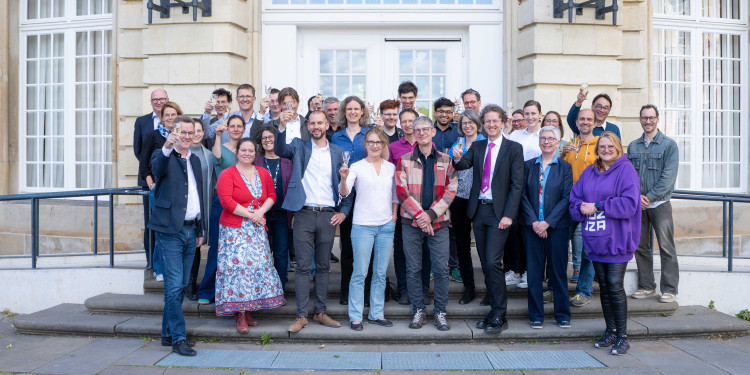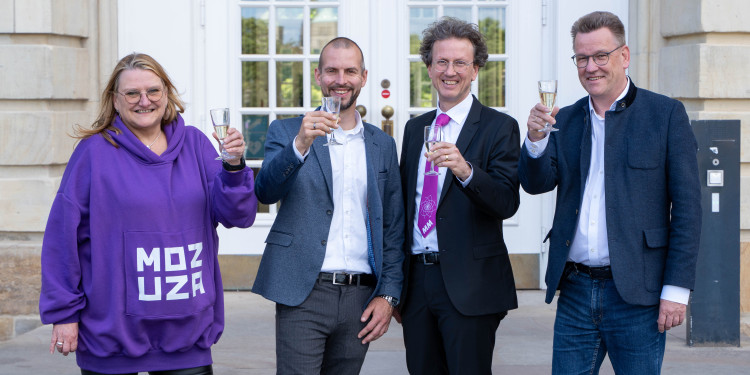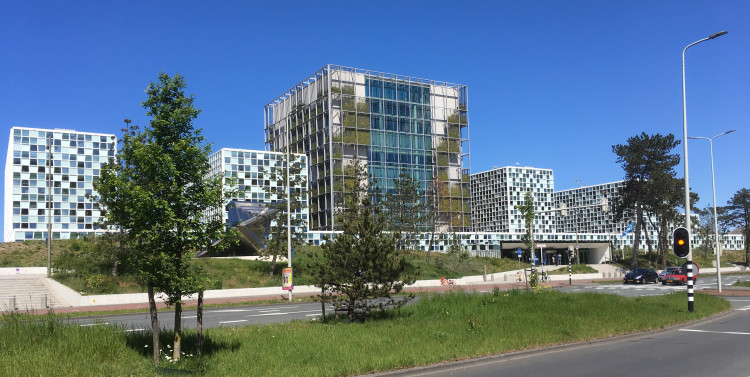


Research team produces low-loss spin waveguide network
Events

International study explores religious socialization in families

New study provides deep insights into the genomes of superorganisms

Halogens reveal the secrets of the lunar crust

Innate immune memory influences the evolution of pathogens

The pronunciation is fine

15 Years of the Brazil Center: Ceremony on 23 June

“Mathematics Münster” secures millions of euros in funding

How the University is saving energy

“We are currently experiencing an exciting time in lunar research”

New study on the global race for future battery technologies

Funding for the “Mathematics Münster” Cluster of Excellence
Your search did not match any of our news releases.
Suggestions:
- Make sure that all words are spelled correctly.
- Try different keywords.
- Try more general filters.
- Expand the period of time.


